


Summary: Researchers found that daily antioxidant supplements slow the progression of late-stage dry age-related macular degeneration (AMD). The supplements help preserve central vision by slowing the...
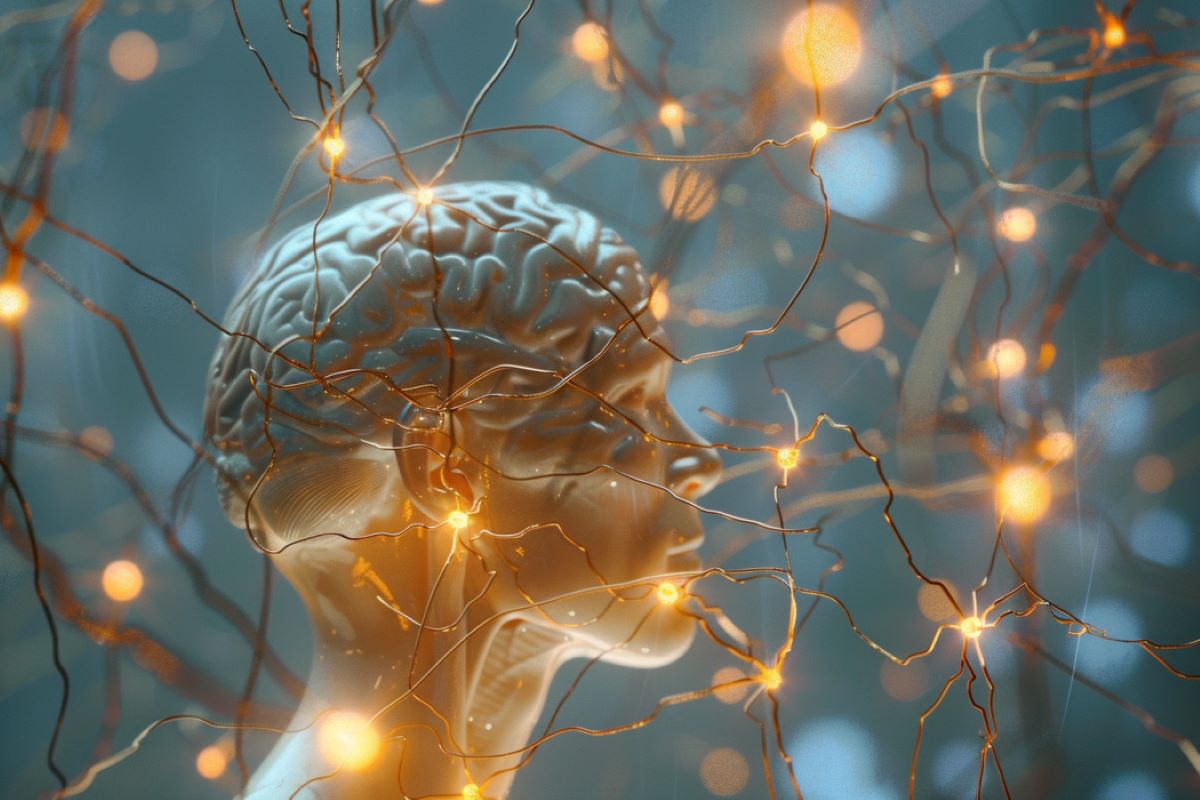


Summary: Researchers discovered a neural activity pattern that can accurately predict and monitor the clinical status of OCD patients undergoing deep brain stimulation (DBS). The study...
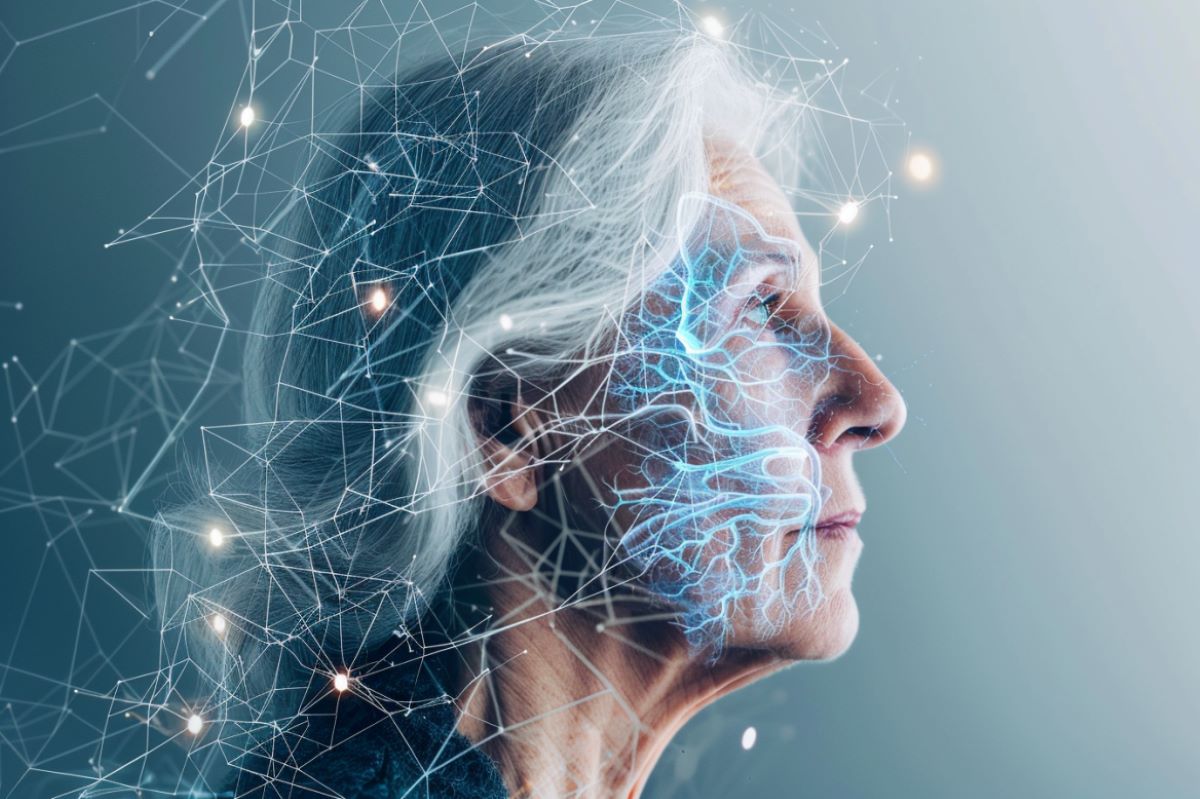


Summary: A new AI tool predicts Alzheimer’s progression with 82% accuracy using cognitive tests and MRI scans, outperforming current methods. This tool could reduce the need...



Summary: Researchers discovered how the protein CGRP affects the brain’s lymphatic system, contributing to migraine pain. Their study reveals that CGRP prevents cerebrospinal fluid from draining,...
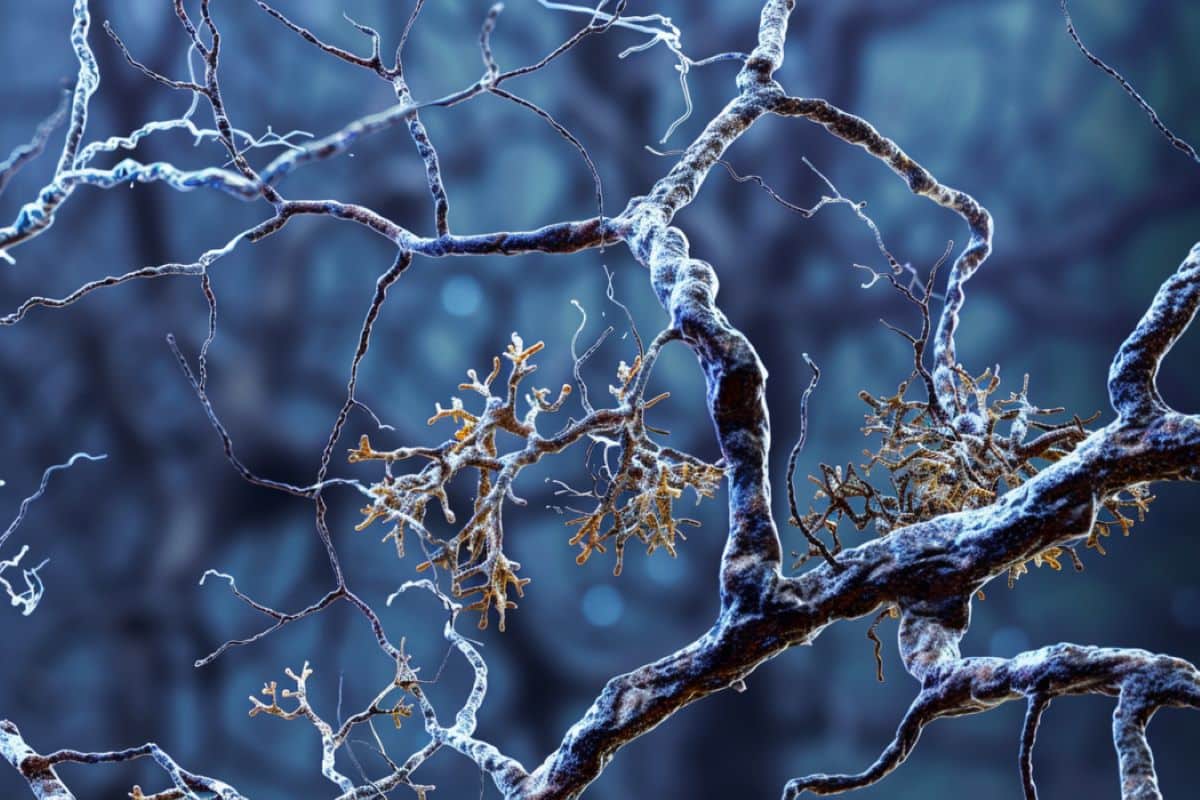


Summary: In a groundbreaking study, scientists have determined the structure of molecules within a human brain affected by Alzheimer’s disease. Using cryo-electron tomography and fluorescence microscopy,...



Summary: Researchers have discovered why migraines are often one-sided, revealing that proteins released during aura are carried to pain-signaling nerves via cerebrospinal fluid. This study highlights...
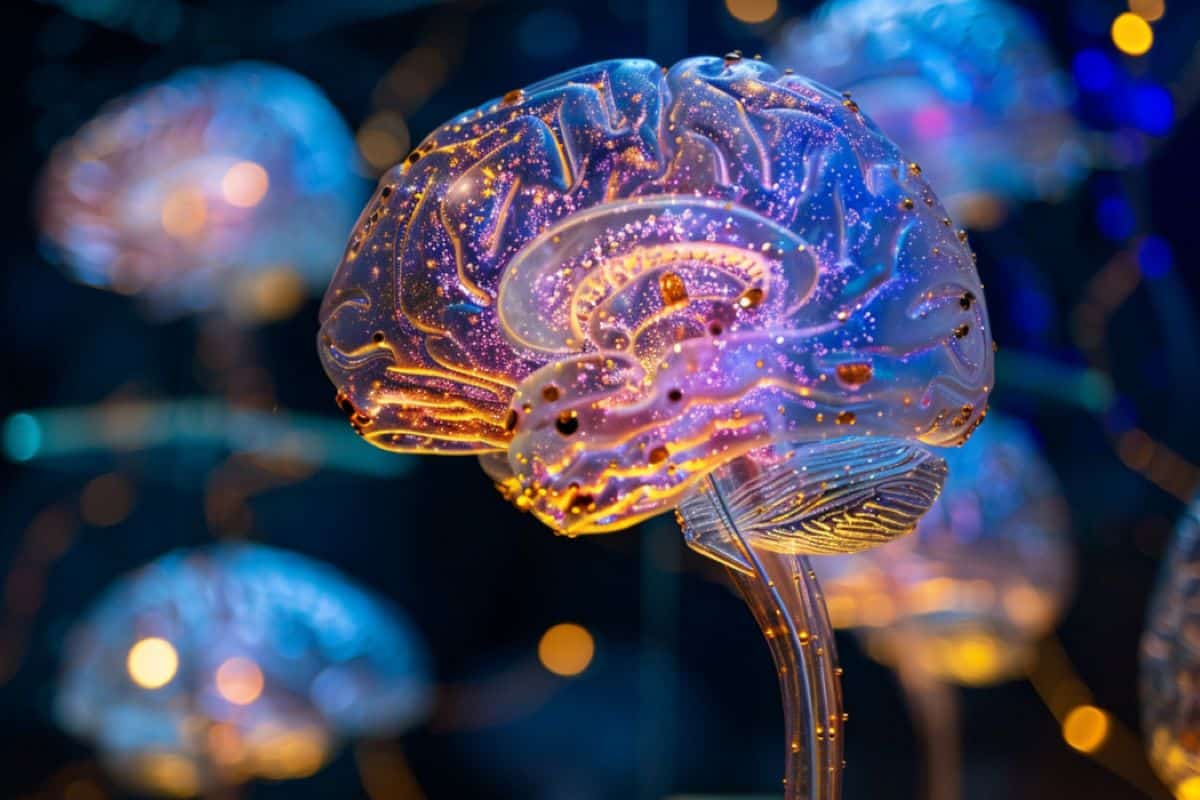


Summary: A new study finds that higher inflammation in young adulthood is associated with reduced cognitive function in midlife. Researchers discovered that inflammation due to factors...
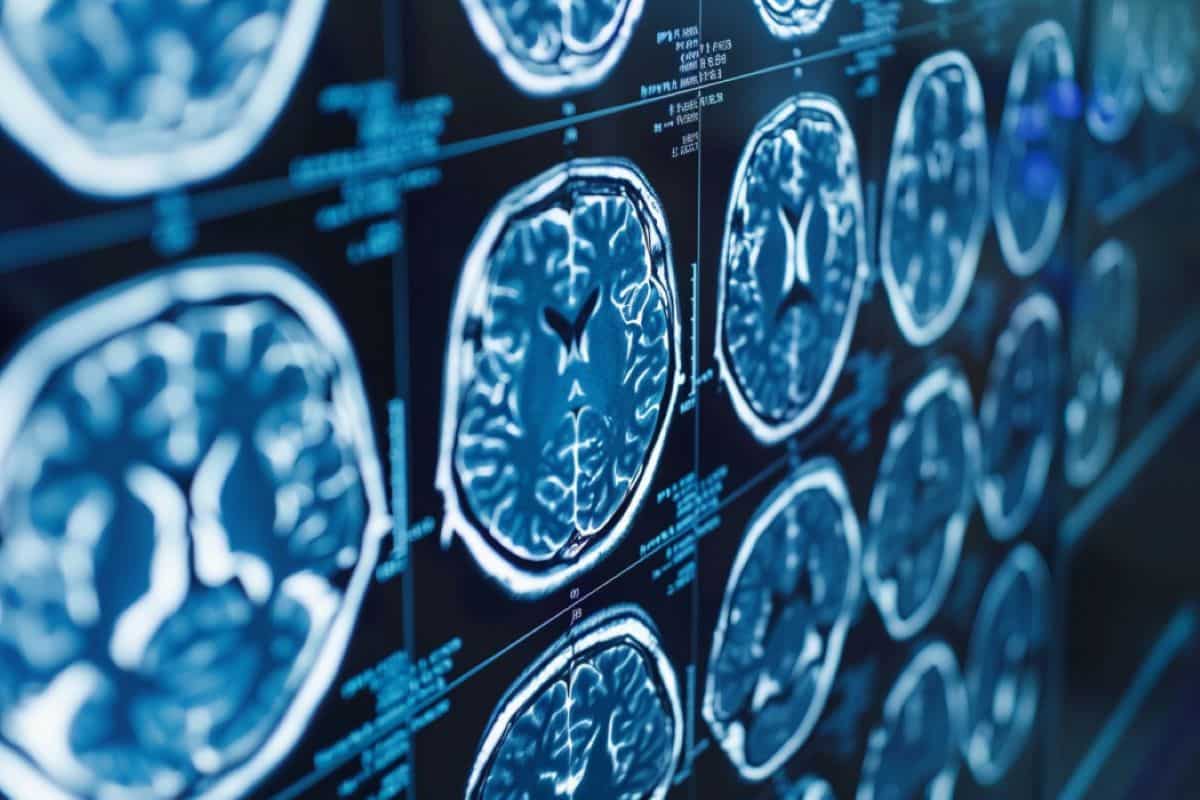


Summary: Researchers identified protein biomarkers in spinal fluid that can diagnose progressive supranuclear palsy (PSP) in living patients. Using high-throughput technology, they found a distinct protein...



Summary: A new study suggests prenatal cannabis exposure may influence long-term brain development and mental health. Researchers used data from the ABCD Study to examine neuroimaging...



Summary: Researchers have found that sleep deprivation can hide, rather than erase, memories in mice, and that these memories can be restored using existing drugs. The...
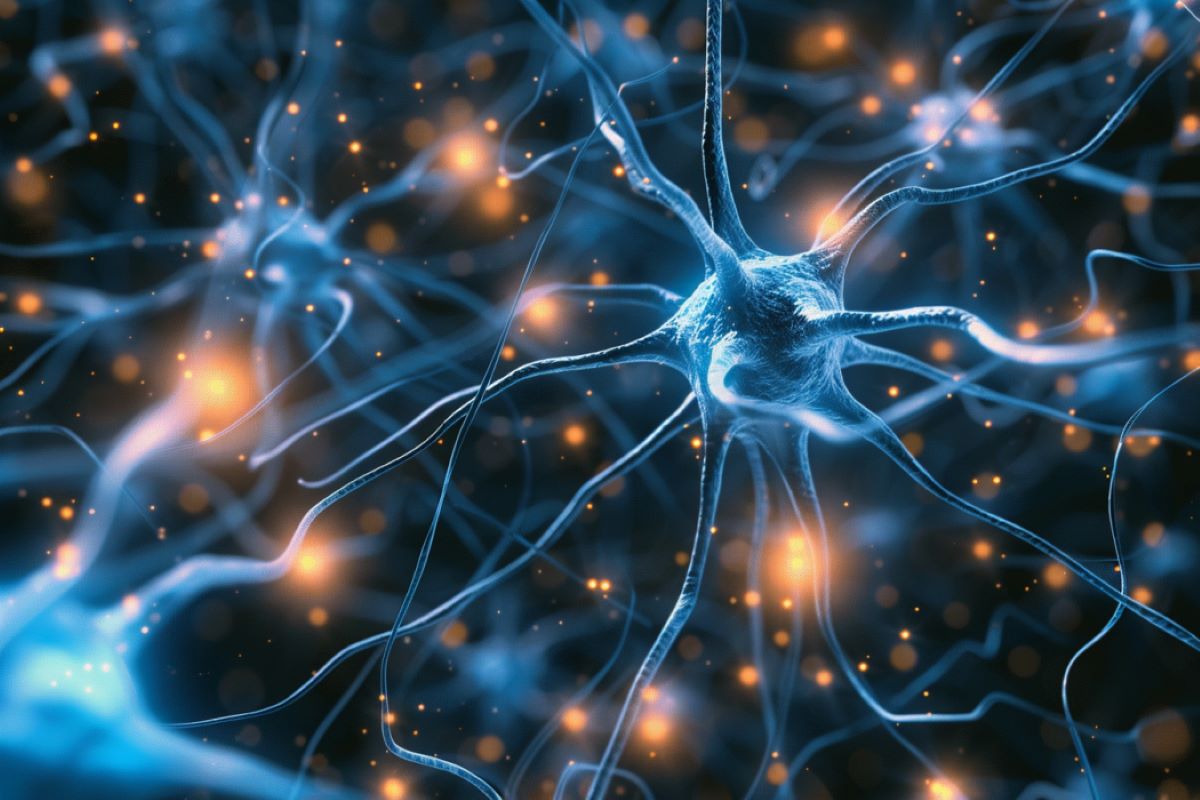


Summary: Researchers developed a novel peptide, KS-133, to target cognitive dysfunction in schizophrenia. By using a brain-targeting peptide, KS-487, they successfully transported KS-133 across the blood-brain...
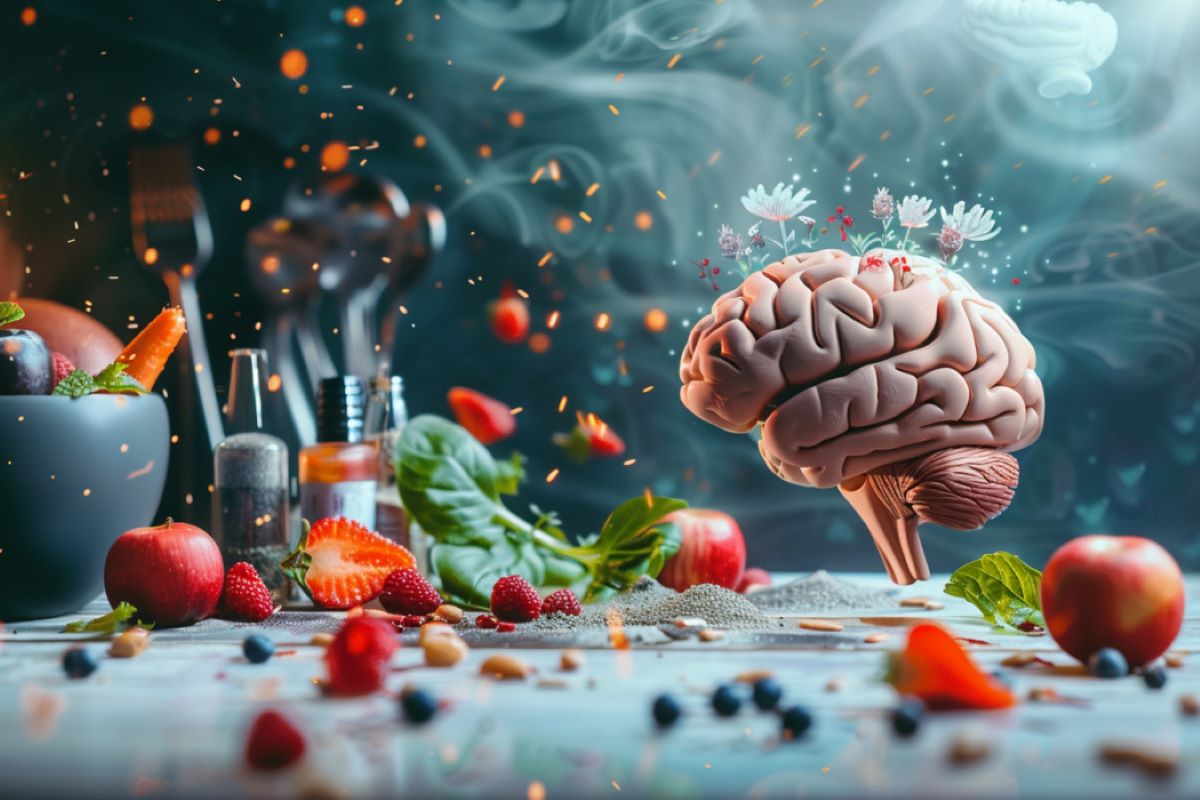


Summary: A new study shows GLP-1 receptor agonists increase pre-meal fullness by activating neurons in the dorsomedial hypothalamus. This mechanism helps prevent overeating, offering insights into...